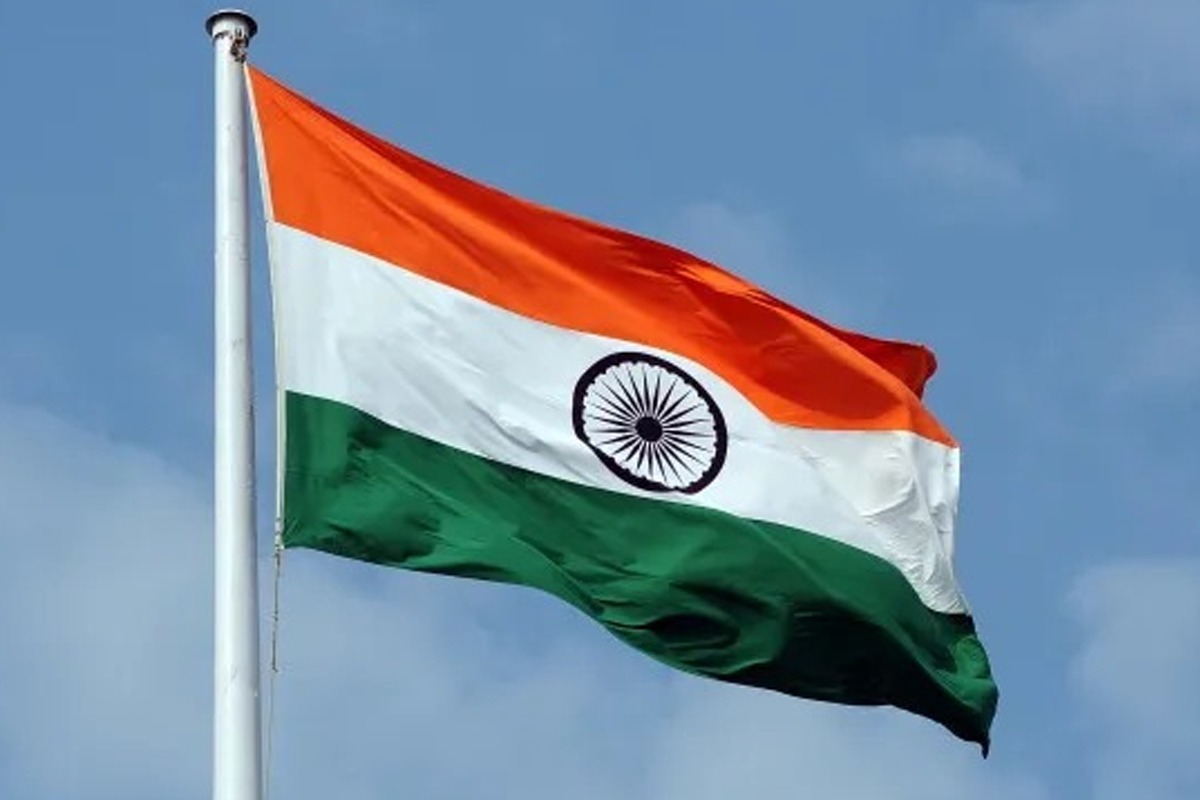The demand for political adherence to the West-led camp, however, is just the cover. India, as a part of the juggernaut that is globalization, remains heavily infiltrated by the West. The US looks at the Indian IT sector as a low-wage labour resource. France or Israel look at the Indian defence sector as a willing customer. The transnational corporations, heavily entrenched in the Indian market, look to exploit the mushrooming consumer base. The evangelist Christian missions keep converting thousands of people. The West-influenced media and academia keep mainstreaming more and more woke ideas in schools, colleges and urban centres, while the different affiliated agencies make continuous attempts at cascading colour revolution.
CHINA
Frankly speaking, the extent of Western infiltration that India has allowed to take place would make any nation suspicious about India’s future as an independent regional power. I know it is difficult – more so, given our history with China – but consider this dispassionately. If you were one of the Sino-Russian decision makers entrusted with the responsibility of picking up the ‘right’ players for your team, for the most important game in your life as well as the lives of a few billions born and unborn, you too would have serious doubts about a profile like India.
Besides, a salient characteristic of China has always been an unusual dosage of suspicion of ‘others’. Distrust underlines China’s side of relationship building. Hence, while the West, with all its faults, has demonstrated a capability towards genuine liking of a variety of things foreign: from ideas to states, tribes, or individuals, China has never ventured beyond transactional alliance with ‘others’, while maintaining focus on its larger goals; something that Beijing applies for even its closest allies like Pakistan or Russia. To expect such a state to look at India favourably is quite far-fetched.
Chinese suspicion dovetails with Indian susceptibility towards inane Westernization, and as a result, Beijing considers India a soft state that remains steeped in colonial hangover and the Western idea of liberalism and democracy. Therefore, India remains a regional competitor. And since China’s idea of winning a war is to significantly weaken the adversary before the actual war breaks out, Beijing tries to subdue India through domestic chaos. It has a remarkable penetration among the subversive subnational bodies. In a two-pronged approach thus, China A) aims to cascade protracted domestic unrest through these subnational elements – from regional political parties to media and terror groups, and B) intends to keep harassing the Indian political leadership by triggering numerous flash points along the disputed border region. Whatever slices of land it gets, it tries to keep.
NEW DELHI
The prize for both the USA and China is enormous. For the USA, breaking India’s will would mean the completion of their Rimland encirclement of China. On the other hand, if China took to viewing India as a prospective partner, it could mean a contiguous strategic block that stretched from the Arabian Sea and Indian Ocean to the North Pole – easily the heaviest contender in the Global Balance of Power politics. That would be the birth of the new global order!
So, how is India balancing its tag of being a ‘Pivot State’?
The verdict varies from ‘fairly well’ to ‘discouraging’ depending on who evaluates. India looks like a hopeful case to the West. The deracination among the elite is complete; urban centres appear sufficiently woke, opportunistic, and faithless. The economy is fairly integrated with the globalised order. The non-urban majority retains its dream of assertive nationalism, but their political representatives are being taught compliance at a brisk pace.
To China, India remains a regional headache – a big territory with a formidable army, too deeply lodged in the Western camp; a country that delivers lip service to the transactional alliance and regional autonomy, but remains thoroughly infiltrated by woke Western ideas right up to the top.
For the Indian elite that has the amazing habit of deriving sustenance from even the most third-rated Western idea, it really does not matter. A large number of them eventually settle in some or other Western nations; those who do not, remain insulated in their affluence. There is a remarkable similarity between them and their counterparts from Pakistan in that aspect.
The average Indic enthusiast remains holding the wrong end of the stick. The ‘nationalist’ government that they voted to power (twice in succession) has quickly learnt to prostrate before the West-led liberal lobby. It actively undermines the core civilizational identity of the country by accommodating subversive ideas propagated by agencies like Open Society, different Christian missionaries, or Omidyar and their jihadi allies. To complete the picture, the same government demonstrates casual indifference towards territorial integrity in their failure to secure the Indian border states. Under that light, it should not surprise anyone if the Indic enthusiasts have begun suspecting that Ram Mandir is probably just vote-bank optics.
So that is how New Delhi is perceived these days. If the BJP leadership thought that they were doing a commendable job of balancing between the existing and the emergent global orders, they should know that observers – both casual and keen – have begun seeing through. And that should explain why Kaplan’s tag of ‘the ultimate pivot state’ incited no interest in Washington or Beijing. They know that India is halfway towards the West already.
(You can read the first part of the series here)
[Arindam Mukherjee is a geopolitical analyst and the author of JourneyDog Tales, The Puppeteer, and A Matter of Greed.]
[Disclaimer: Views expressed above are the author’s own.]

